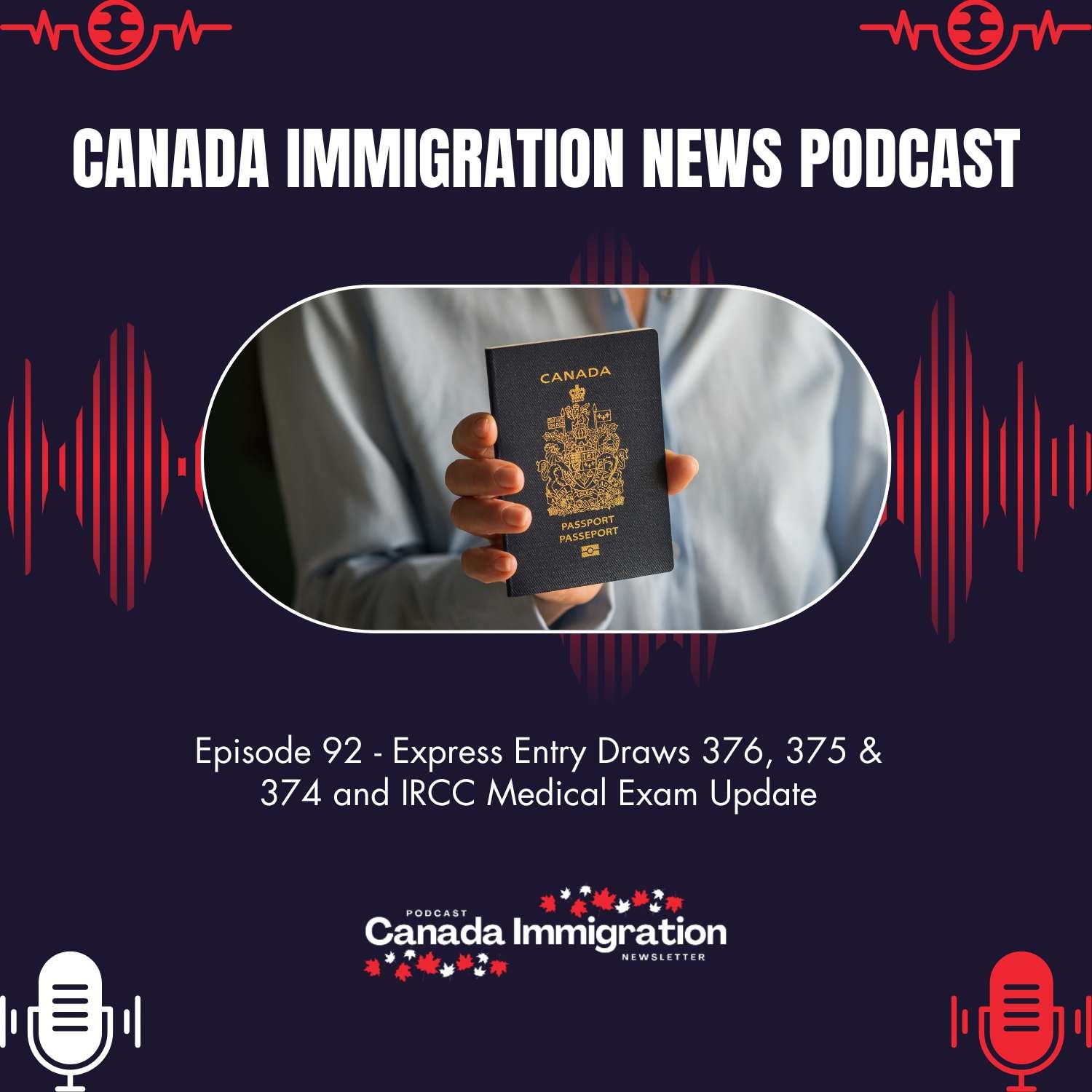Life in Canada
Delayed Work Visas affecting A lot of Canadian Companies

An international recruitment survey found that delays in immigration processing are occurring and impacting students studying and working abroad. As well, Canadian academic institutions, government-regulated and Canadian enterprises are being negatively impacted by IRCC’s delays.
Between June and July, the overall backlog of applicants at IRCC grew from 2.4 million to 2.7 million, a 12% increase over that period. In addition, the backlog for temporary foreign workers (TFW) also grew by 21% during that period and is increasing processing times well more than IRCC’s service standards.
The Canadian Employee Relocation Council (CERC), which is a not-for-profit organization, oversees workforce mobility matters by conducting surveys. In the second version of the survey, a total of 33 consistent organizations responded to International Mobility Program (IMP) survey.
Thus, almost all those in the survey agree that the contributions of international talent are important to a business. Therefore, the companies involved in the survey, employ international talent around 97% through work permit programs while 53% of those participating companies hold 53% of economic-oriented immigration.
The processing delays at IRCC are impacting the operations of 97% of respondents and delaying projects for 94% of organizations. Those who responded with Canadian universities reported that 29% are canceling educational programs, delaying research projects, and experiencing revenue losses as a result of these delays.
The Canadian economy will depend significantly on the ability to manage travel visa applications; if the rates of travel increase, Canadians may not be able to protect themselves from serious illnesses. Progress has been slow, and it will take years to develop improvements in both cost and quality; the CERC proposes another three-year phase with an increase in funding.
A majority of respondents indicated a willingness to pay for faster processing speeds. This is in the form of an expedited fee to increase government efficiency in Canada.
Up to herein, survey participants were requested to deliver some suggestive measures for processing times improvements. As a result, 5 pivotal subject matters were highlighted, namely
- The dire need to offer Canadian companies an efficient processing times system.
- A real-time program like LMIA to monitor the fast-tracking of applicants for high-demand jobs.
- Training of more potential staff on advanced technologies and replacing outdating processing systems in-house.
- At last, the government needs to introduce a reliable employer dashboard or platform to meet the urgent and crucial needs of employers in the hiring process.























